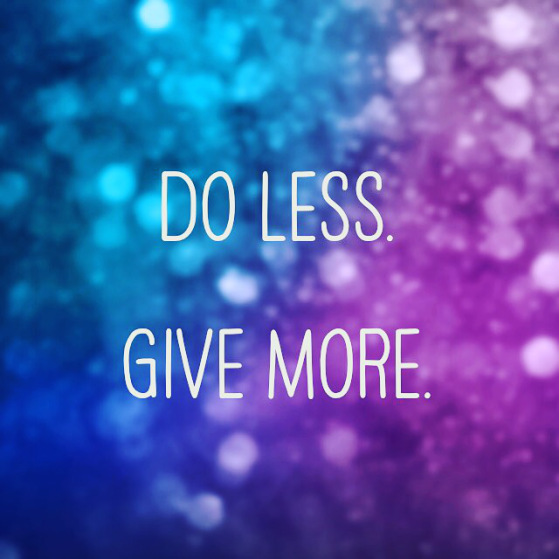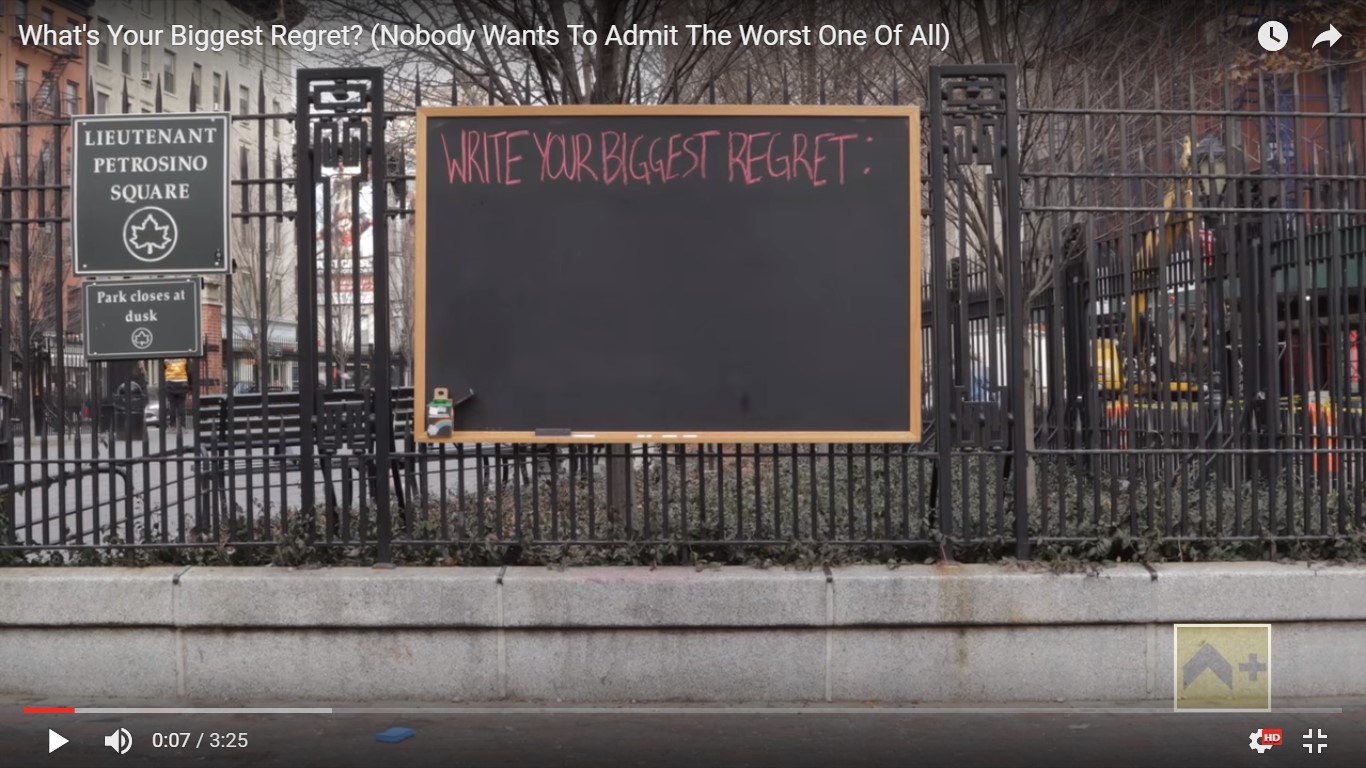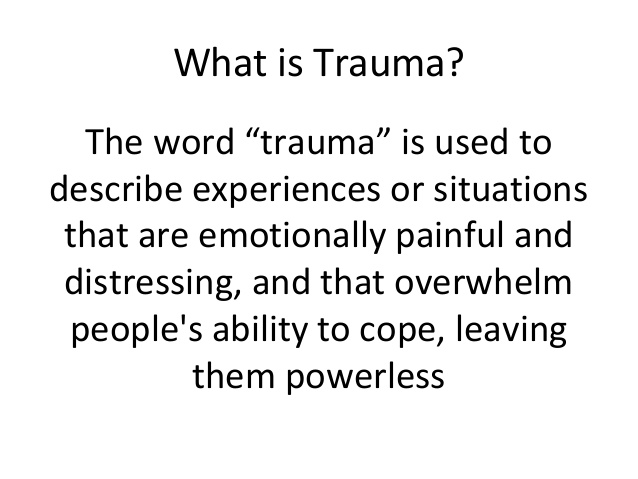 Tis’ the season of giving! Now is the time of year that we all give a little more of ourselves. While you are making your list and checking it twice, there are 3 things you can do now that will set you up for an awesome 2017 and keep the spirit of Santa alive in your life.
Tis’ the season of giving! Now is the time of year that we all give a little more of ourselves. While you are making your list and checking it twice, there are 3 things you can do now that will set you up for an awesome 2017 and keep the spirit of Santa alive in your life.
Here they are.
1.) Give to Others. It’s for you just as much as it’s for them! During this time of year, many of us give to charity. Some people set up their budgets and plans for giving in the new year around this time as well. It really doesn’t matter if you plan as you go or you plan in advance. But, I encourage you to think about causes that mean something special to you this year and decide how you want to contribute. Giving doesn’t always have to be about money. You could give time to a school, church, or person who needs help. Your kids could shovel snow or mow the lawn for someone disabled. I’m going to sign up for ‘give an hour” program for veterans. Donate to local causes, so you can get a good understanding of how the money is being used.
When you are proactive about giving, it pays you back in a multitude of ways. First, it simply feels good to serve others. When you consciously choose the organizations you donate to, you’ll get the opportunity to see the full impact of how you are helping others. Second, you have a chance to figure out what level of giving fits into your budget and/or into your schedule and you are more likely to follow through with it. Last but not least, you can look back at how you and your family incorporated service / donations into your lives and you can make decisions about what you’d like to do in the future. Plus, you can deduct charitable expenses! There’s no better feeling in the world than stepping up to give to others instead of living with the nagging feeling that you could have done something but didn’t. So, do it to free yourself and you will immediately be more happy! Ask yourself, “What would Santa do?”.
2.) Ask yourself what gift you’d love to give YOU this year. I mentioned this to you in my personal note, and I want to take a minute here to elaborate. This could be a big deal or it could be something small. If you’d love to give yourself a healthy body, give yourself the gift of time to exercise every day. Make that time sacred in your calendar and do not give it up to anyone.
If you’d like to give yourself the gift of a trip to Paris, give yourself small gifts all year that will help you reach that goal. Buy a map of Paris, start learning French, or start a savings plan and contribute whatever you can this year. Your gift to yourself could even be something as simple as signing up for a magazine subscription or getting a new book that you’ve been wanting to read for a long time.
Give yourself whatever your heart desires! Who ever said you should be deprived of what you want? You deserve to have something just for YOU! Just knowing you’re taking action to give yourself something you really want will make you happier and prevent you from doing things from a place of lack in your life. If you want something and take steps to give it to yourself, the universe will act like Santa Clause and immediately fulfill it for you! Just like that…really!
3.) Pick a theme word for your life. Everyone knows Santa Clause’s purpose. His mantra is “Ho, ho, ho!” and when you hear it, you know there’s a jolly man in a red suit running around delivering presents. What’s your mantra? The more clear you are about what you want your “theme” for this year to be, the easier it will be to think about your goals and measure your progress. Doing this one thing before the end of the year can be extremely liberating. I picked “virtual” knowing that I’d like to do a lot more online work this year and I immediately felt less stressed. I also started getting a ton of ideas on how I want to be more “virtual”. What’s your theme word for this year? Maybe sit down with a piece of paper and just start writing words until you find one that feels right to you. That may seem odd, but take 2 minutes and try it. You’ll be amazed at how well it works! A few ideas to get your started…kindness, abundance, love, partnership, health.
Happy Holidays and Ho, Ho, Ho to you and yours!
*this information does not take the place of medical treatment



 During the fall season everything starts to change. The world as you know it starts to prepare itself to sleep. The leaves turn colors and fall from the trees, our season of fun and taking it easy comes to an end, the days get shorter, and the temperature outside drops and animals go into hibernation. Fall and winter are a time of “death” to prepare for outstanding “re-birth” in the spring.
During the fall season everything starts to change. The world as you know it starts to prepare itself to sleep. The leaves turn colors and fall from the trees, our season of fun and taking it easy comes to an end, the days get shorter, and the temperature outside drops and animals go into hibernation. Fall and winter are a time of “death” to prepare for outstanding “re-birth” in the spring.




